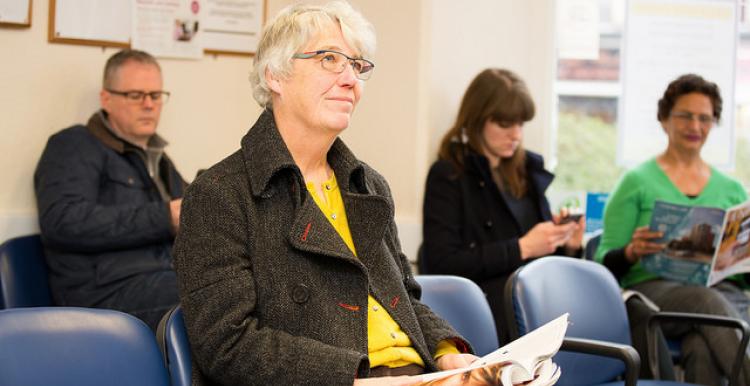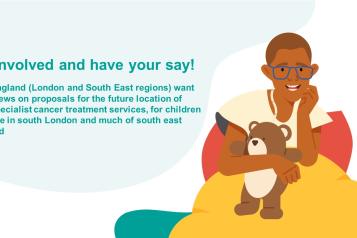Cancellations of NHS care are having serious impacts on two-thirds of patients

Healthwatch England's new research, published today, shows that people are currently facing multiple cancellations or postponements of care which are having a significant impact on their lives and symptoms, while further increasing health inequalities.
About our research
We commissioned a survey of 1084 people who have seen their NHS care either cancelled or postponed this year to understand the extent of disruption to care amid rising waiting lists, workforce issues, and industrial action, and other pressures on the NHS.
Key findings
- Over one in three, 39%, have had their NHS care cancelled or postponed two or more times this year. This has included hospital operations, tests, scans, outpatient appointments, and community health service appointments.
- Nearly one in five (18%) of the respondents have had their care cancelled or postponed at the last minute, which the NHS defines as on the day of or on arrival to an appointment. And almost half, 45%, experienced a cancellation with between one- and seven-days notice.
- Two-thirds of the respondents, 66%, said cancellations to care had impacted their lives, reporting ongoing pain, worsening mental health, worsening symptoms, and disrupted sleep, among many other problems.
NHS pressures widen existing health inequalities
Disruptions to care disproportionately affect certain groups, widening existing health inequalities. People who have greater health needs are still facing serious barriers to timely care, and they are also more likely to be more affected by cancellations of care.
- Unpaid carers, 84%, and neurodivergent people, 83%, were more likely to report negative impacts of cancelled care on their lives, followed by people on low incomes, 80%; and those from minority ethnic backgrounds, 75%.
- Groups who were more likely to have had two or more NHS postponements or cancellations included disabled people, 52%; neurodivergent people, 51%; and people on lower incomes, ethnic minorities and LGBTQ+ being affected the most, 49%, respectively.


